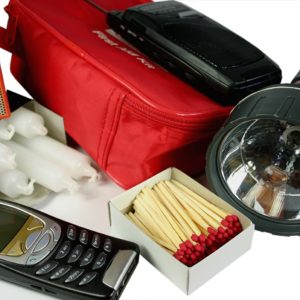The Emergency Preparedness and Response program at Spokane Regional Health District works with other public health staff, healthcare providers and community agencies to respond effectively to public health emergencies in and around Spokane County.
It is important to understand the threat and hazards to our community in order
to be prepared and recover quickly if a public health event strikes Spokane
County and surrounding areas.
The program is funded through a grant from the Centers for Disease Control and Prevention and managed by Washington State Department of Health.
See our COVID-19 webpage
During an emergency, it's important to know whether to stay sheltered at home or leave to avoid immediate threats. Spokane Emergency Management provides guidelines for when to stay, when to prepare to evacuate and when to evacuate. Evacuation guidelines are organized into four levels of action (see below).

The Ready, Set, Go! (RSG) Program, managed by the International Association of Fire Chiefs (IAFC), seeks to develop and improve the dialogue between fire departments and the residents they serve. National studies have shown that firefighters are uniquely respected in their communities and can project a trusted voice in the public preparedness appeal. The program helps fire departments teach individuals who live in high risk wildfire areas – and the wildland-urban interface (WUI) – how to best prepare themselves and their properties against fire threats. It helps residents be Ready with preparedness understanding, be Set with situational awareness when fire threatens, and to Go, acting early when a fire starts.
More than a collection of names, phone numbers, and street addresses, an Emergency Action Plan is an instruction manual for how to stay healthy, stay informed, and stay in contact in an emergency. Because an Emergency Action Plan affects everyone in your household, the whole household should be involved in making and practicing the plan.
Find phone numbers for your physician, pediatrician, pharmacist, and veterinarian. Other important numbers you should know include:
Ask a friend or relative who lives outside of the immediate area—preferably in another state—to be your family’s Out-of-Town Contact.
Identify a shelter-in-place location inside your home, two (2) emergency meeting places outside your home where your family can reunite in an emergency, and at least two (2) ways out of every room in your home.
Update your Emergency Action Plan whenever your family moves, your child changes schools, you change jobs, have a child, or experience some other significant life event.

Do 1 Thing is a 12-month program that makes it easy to prepare for emergencies or disasters.